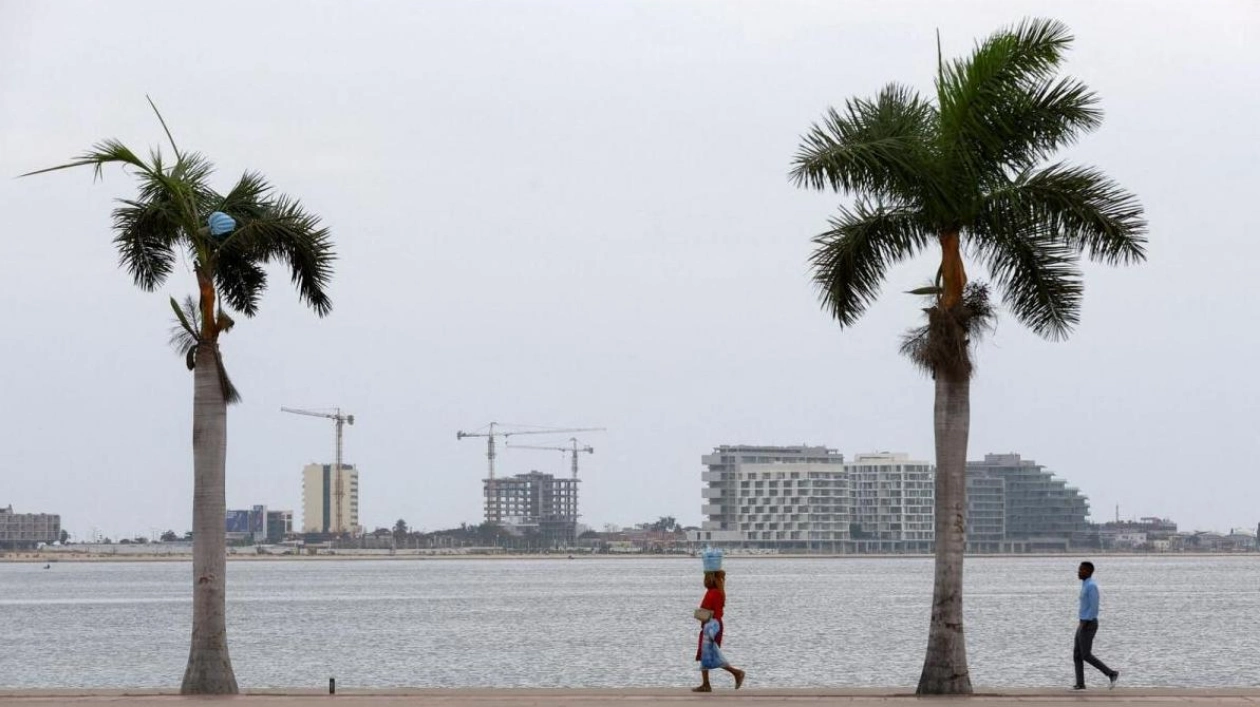China must increase its financial support for Angola if the African country is to absorb a greater quantity of Chinese-made products, ranging from solar panels to electric cars, according to Angola's finance minister, Vera Daves De Sousa, on Tuesday. This comes as the former OPEC member contemplates competing offers from both Beijing and Europe. Last year, China extended loans amounting to $4.61 billion to Africa, marking the first annual rise since hitting a peak of $28.4 billion in 2016, with 68% of these loans directed solely to Angola. Despite this, China has started to reduce its financial outflow and shift away from large-scale infrastructure projects as resource-rich African nations grapple with escalating debt crises and seek faster financing alternatives.
Since leaving the Organization for Petroleum Exporting Countries (OPEC) in December, Angola has been exploring methods to stabilize its finances and enhance food security, expand its fisheries sector, and attract more job-creating investments inland, as Daves De Sousa explained in a Reuters interview prior to a significant China-Africa summit in Beijing. The coastal state boasts substantial reserves of base metals and abundant agricultural resources like sugar cane, coffee, cotton, and livestock, yet these have been overshadowed by oil, which constitutes 95% of its exports. China has shown interest in aiding Angola to modernize its agricultural sector, develop its industries, and diversify its economy in return for increased imports of Chinese goods, but faces stiff competition from Western countries.
"This is a challenging discussion, as it intertwines with the financing solution," Daves de Sousa stated. "If Angola's fiscal revenues were robust enough to enable us to select based on quality and price criteria, we would be having an entirely different conversation." Beijing's proposal must not only involve additional financing to assist Luanda in lowering high inflation and creating jobs in the short term but also guarantee the establishment of robust industries that Angola can rely on in the long term, Daves De Sousa added. Otherwise, China risks being outpaced by European competition, which, according to Daves De Sousa, demands Angola to purchase its products but has been more readily providing fresh financing.
"We will purchase more solar panels from Europe due to the financing available there." The U.S. and Europe assert that the $19 trillion Chinese economy suffers from overcapacity in EVs and solar panels. With Western restrictions on Chinese exports on the horizon, securing buyers for these goods is a top priority for Beijing as it hosts the ninth Forum on China-Africa Cooperation Summit this week. China, the world's leading bilateral lender, has already begun adjusting the terms of its loans to the continent, allocating more to solar farms and EV plants, while reducing investments in large-scale infrastructure. Luanda is not seeking additional loans, Daves De Sousa clarified, instead favoring "finding a new paradigm where we engage more with the private sector and through public-private partnerships."
"We need to think innovatively, because the straightforward solutions of 'you provide me with money, I'll offer you collateral' are no longer viable."






